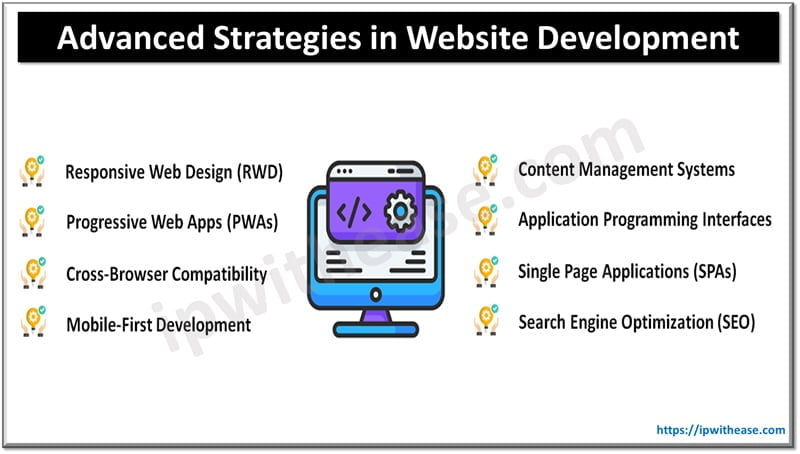Table of Contents
Hiring External IT Support
Outsourcing IT support is convenient and cost-effective, but only if you pick the right provider for the job.
The best way to do this is by asking key questions so that you can whittle down your list of potential companies down to just one.
So let’s crack on with the best queries to fire at candidates before you commit.

Do you have testimonials from existing clients?
One of the best ways to win customers as an IT firm is to provide prospective clients with testimonials from those who are already signed up for your services. As such, you can expect that any IT support firm worth its salt will have heaps of positive customer feedback to hand.
Better yet, if you can get in touch with one of their clients directly for a chat before you make a decision, you can get into the nitty-gritty of what the customer experience is like, without being faced with the sanitized version of the story.
Are you available 24/7, all year round?
Service availability is crucial when you’re considering working with an external IT support provider. The best managed IT services will offer round-the-clock assistance whenever you need it, and this is particularly relevant if you need to ensure uninterrupted uptime day and night and fix outages ASAP.
What support packages do you offer?
Another facet of a good IT support provider is the ability to tailor the service they offer to the unique needs of the businesses they serve.
Some will create truly bespoke packages, while others will take a tiered approach, letting you pick between different levels of support according to your needs and of course your budget.
Is there a minimum period of commitment?
Signing up to an IT support service will typically come with a contracted minimum period during which you have to stick with the same provider, whether or not you are satisfied with the experience.
Knowing what this is in advance is also useful from a budgetary perspective since you can calculate costs in the long term, and work out whether a given package is affordable based on this.
Some providers will let you cancel service within an initial probationary period without incurring any costs, so be on the lookout for this feature if you’re interested in ultimate flexibility.
How quickly can I expect assistance?
The responsiveness of external IT support is vital because you want to know that you can rely upon them to deal with your issues within a given timeframe for the purposes of disaster recovery.
This will depend on the way the provider operates, and the level of service you select. Check to see if they offer call center support, and the average amount of time it takes for a call to be answered. If email is the primary means of communication, ask how long a typical response to a query takes to arrive.
Do you offer on-site support?
In the case that you don’t have the in-house expertise or resources to tackle particular IT snafus yourself, you’ll need the external provider to send an engineer to your location.
Check if this is an option, establish the cost, and ensure that there are engineers available in your region, because some providers are purely remote, or only work with clients in a given geographic area.
What aspects won’t be included?
There are caveats to every external IT support contract, so you need to know the parts of your infrastructure and the specific circumstances which aren’t covered by the agreement with your provider.
It’s likely that a lot of elements will be in this list, and it could include things like there being extra charges for site visits that are related to hardware installation rather than emergencies.
Can you monitor and manage remote resources?
More and more businesses are reliant on IT elements that are hosted off-site, so you will need an external IT support provider which is able to monitor and manage these resources if such a setup is part and parcel of your day-to-day operations.
Ultimately it comes down to looking at what your business wants to get out of a partnership with a support provider and asking questions based around this.
Continue Reading:
How to Win More Customers as an IT Firm
BYOD Could Be Putting Your Company’s Security at Risk
ABOUT THE AUTHOR
IPwithease is aimed at sharing knowledge across varied domains like Network, Security, Virtualization, Software, Wireless, etc.



